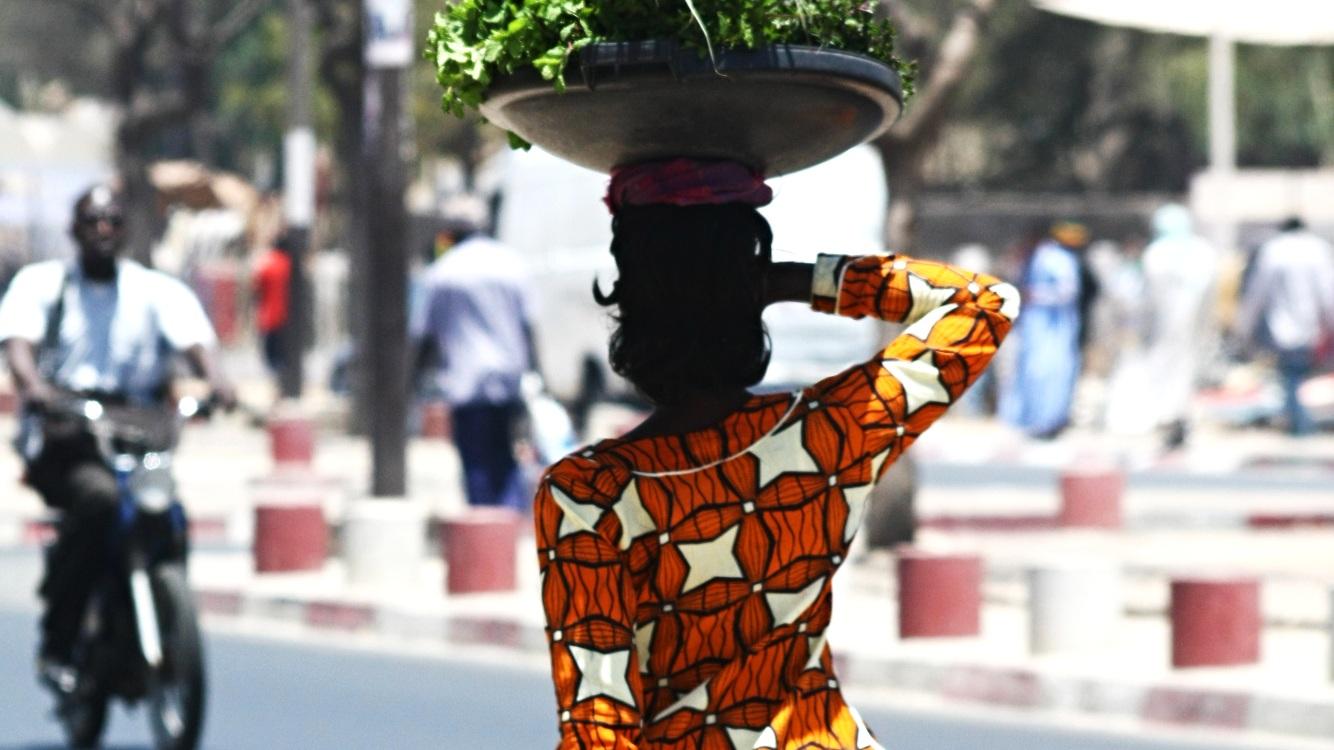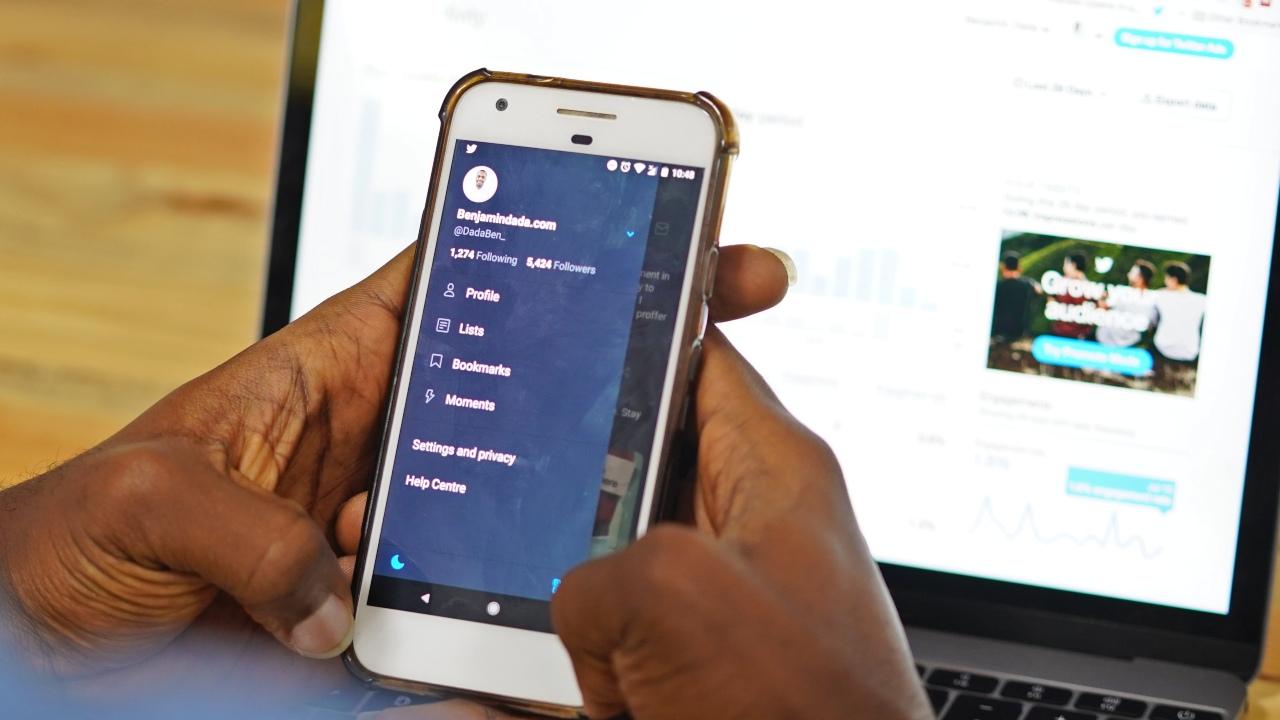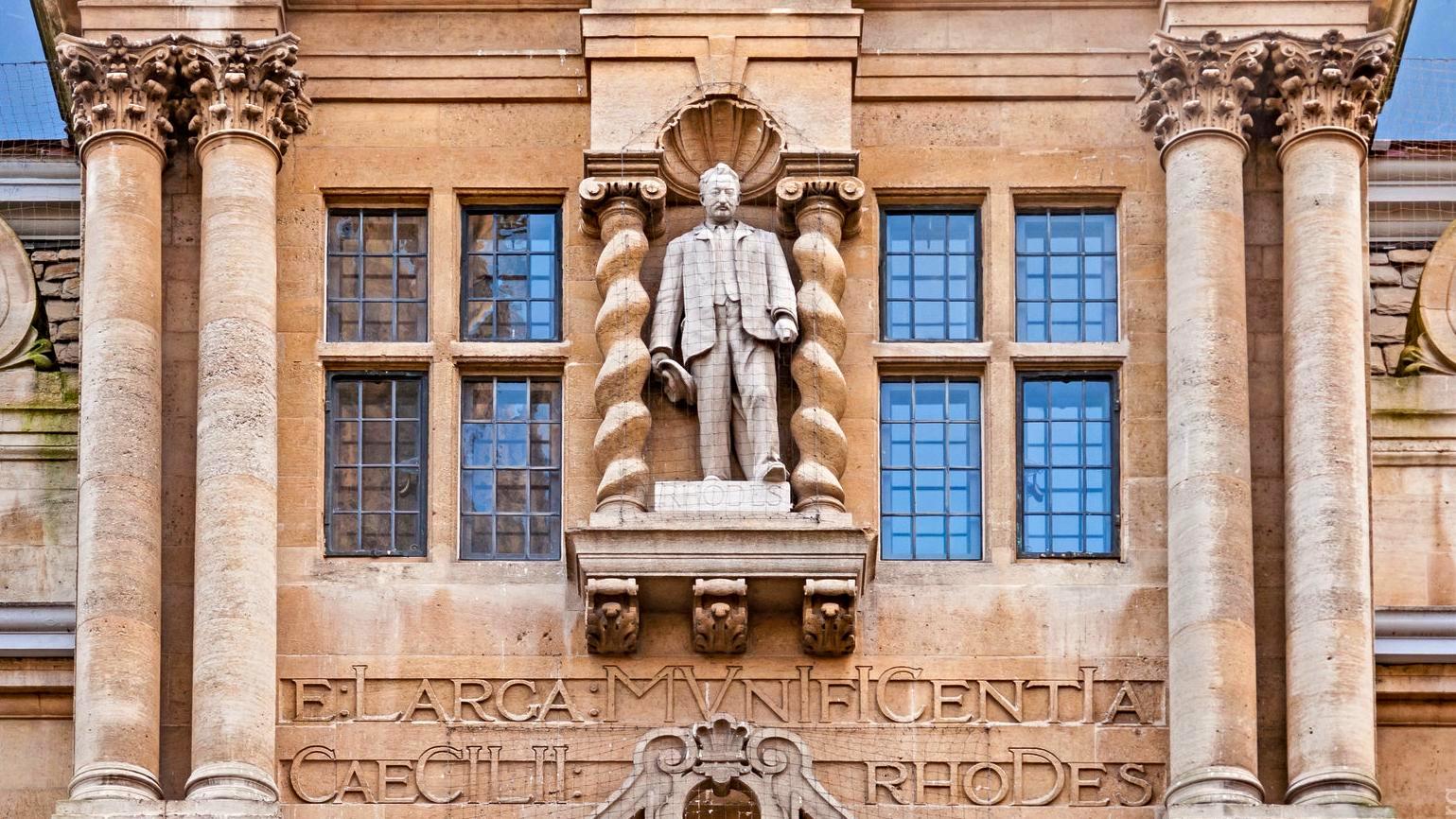YouTube is a powerful platform for queer South Africans to represent their lives authentically and to form supportive communities with other LGBTQ+ people. Challenging the erasure of queer people and realities in mainstream media, queer vloggers can point a mirror to homophobic and transphobic societies and respond to widespread feelings of isolation and social stigma.
Queer people are often invisibilised in Africa, and their stories and lives are overwhelmingly misrepresented in media on the continent. This includes the way that negative or incomplete news stories about queer people are prevalent, and how entertainment media like feature films mostly shy away from authentically representing diverse queer lives. Social media and video streaming sites can play an important role in challenging the lack of media representation, and queer people in South Africa, and elsewhere in Africa, have used social media sites to make their voices heard and spread awareness about issues affecting them.
YouTube has been particularly powerful for amplifying authentic queer voices. For example, the marriage proposal video of vloggers Mosa and Siya went viral, showing a couple that spoke honestly about overcoming hardships as they celebrated their love. Trans vloggers like Asive Mvimbi and Leando Grey speak about the everyday struggles and triumphs of being trans in South Africa. These vloggers allow queer people to find supportive online communities and spread awareness to people outside of the LGBTQ+ community. In fact, research shows that internet and social media engagement can significantly affect attitudes in Africa to be more accepting of queer people.
Queer rights in South Africa
South Africa is sometimes thought of as a progressive bastion for queer people on the African continent, with a liberal constitution that offers protections for LGBTQ+ people, where same-sex marriage is legal and where social and political attitudes are thought to be largely tolerant. But the lived experiences of South African people are often very different. The country has horrific levels of violence against queer people, particularly in rural or township areas, and the rape, beating and murder of black lesbian women and transgender people are particularly prevalent. Many refugees who dreamt of escaping restrictive anti-gay laws in their countries of origin flee to South Africa, only to find homophobic and transphobic harassment, discrimination and violence.
There is a chasm between the promises of South Africa’s constitution and the country’s widespread homophobia and transphobia. In the face of these often hostile surroundings and a culture of silence, queer people have very few spaces to feel supported, to learn more about what it means to be LGBTQ+ and to connect with people who are like them. They face social isolation, even in their own families. In light of COVID-19 lockdowns, queer people have even fewer options to just be themselves. Many students who left their homes to study at college or university, and finally felt a sense of freedom to explore their identities, had to return to unaccepting family environments. The closure of queer leisure spaces like bars and nightclubs resulting from lockdowns also means that queer people often lack a space to be themselves or show affection to their partners without fear.
Social media and queer communities
When they feel like they might have nowhere else to go, many queer people turn online. Social media sites offer queer people worldwide a platform to organise protests and activism, get answers to questions about their identities and experiences, and connect with other queer people. Social media is an important part of documenting queer identities, where queer personalities and activists can communicate directly with their followers and represent their lives in the way they want to, rather than allowing queer lives to be defined only by political discourse or traditional media. On sites like YouTube, the visual medium adds even more to this experience. Vloggers can put a face to what it means to be queer and African; they can show themselves moving around their cities or villages, holding hands with their partners, getting engaged to be married, coming out to their families, and so much more. These visual stories allow viewers a more intimate connection and a glimpse into the vloggers’ lives.
My research on queer YouTube vloggers explores how they create supportive communities with viewers and how this visual medium expands the understanding of what it means to be a queer South African. The screen of the mobile device, where most people watch YouTube videos, moves with the viewer; they can take the screen into private spaces away from potentially disapproving family members or friends. Viewers begin to think about their own feelings and experiences in online spaces with greater freedom than physical spaces. Many of the comments on the videos of vloggers like Lasizwe Dambuza share deeply personal queer experiences that are rarely part of public conversations in South Africa. Vloggers like Azania Realness and Lelo Macheke speak about their everyday lives, dispel myths and misconceptions about queer people, and visually represent queer identities and queer love. The videos take vloggers into the homes of viewers (and vice versa), create an intimate connection and validate viewers’ experiences when they might otherwise feel isolated and rejected.
The limitations of YouTube and social media
While these vlogs seem to offer powerful forms of self-representation, it’s important that we remain critical of social media. YouTube, like most other major social media platforms, is owned by a US-based company and serves Western capitalist interests that often ‘sanitise’ particular voices and promote others that fit a particular image to consumers and advertisers. However, despite the platform’s limitations, queer vloggers are able to share their lives, thoughts and experiences in meaningful ways for those who seek it. Audiences that engage with these videos reflect on their own authentic experiences, which creates communities that can help to tackle the isolation that queer people feel in South Africa and can help to challenge the social stigma that they face.
Photo by Askar Abayev from Pexels.





